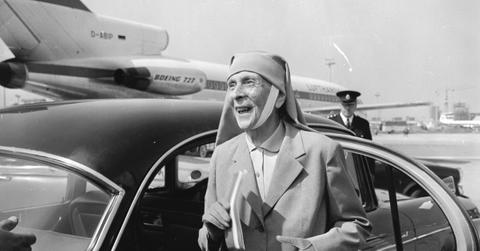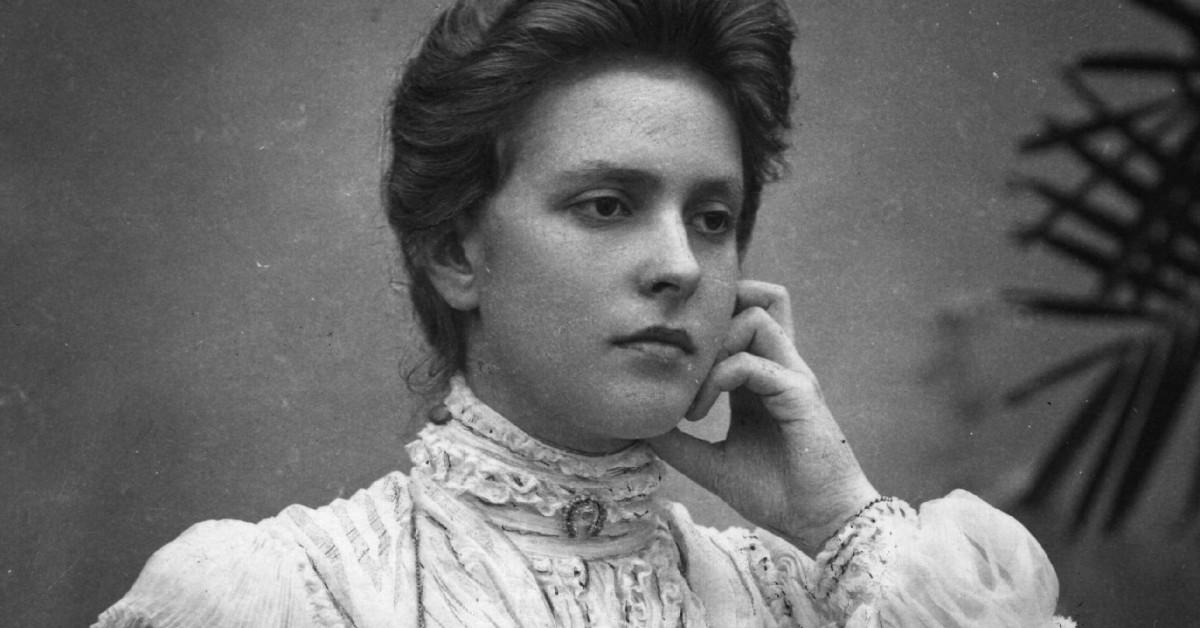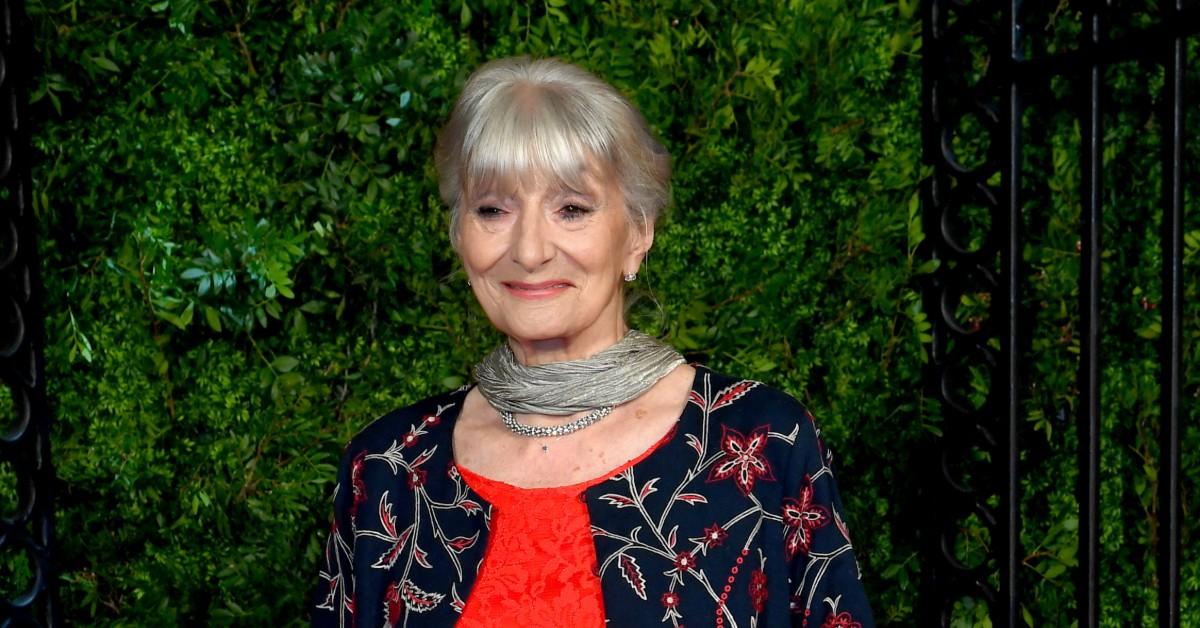Just like 'The Crown' Depicts, Prince Philip's Mother Received Therapy From Sigmund Freud
Updated March 11 2021, 3:18 p.m. ET

Season 2 of The Crown has already touched on the difficult topic of Prince Philip's upbringing.
While regular viewers might remember his struggle to fit in at school and years-long grappling with his family heritage — his sisters were married to prominent members of the Nazi party — his relationship with his mother remained relatively unexplored thus far.
Needless to say, Season 3 of The Crown packed a punch.
Ready to find out more about Prince Philip's mother?
Prince Philip's mother is a lesser-talked about figure.
While "Paterfamilias" shed light on Prince Philip's closely-knit relationship with his sister, Cecile, "Bubbikins," "Coup," and "Moondust" plunge us into the darker side of his family life.
As the episodes reveal, Prince Philip's mother was a humanitarian who sheltered Jewish refugees during WWII, and a devout Greek Orthodox Christian. However, her life's work was hardly recognized by the Royal Family — for a very specific reason.

Princess Alice of Battenberg endured some harrowing events.
Married to Prince Andrew of Greece and Denmark, she spent a considerable chunk of her adulthood in Athens. During the WWI, the Royal Family lost its power over the country, and its members had to seek exile in Switzerland, notes The Harper's Bazaar.
What's more, she also lost two of her close family members, Alix, Empress of Russia and Grand Duchess Elizabeth Feodorovna during the Bolshevik Revolution.
In 1920, the family returned to Greece. By then, the popularity of the King decreased even further, and they had to flee the country via a British cruiser, the HMS Calypso.
In 1928, Princess Alice converted into Greek Orthodox Catholicism. Soon afterward, she began to experience vivid hallucinations involving religious prophecies and frequently claimed that she had divine powers. As The Harper's Bazaar notes, these turned out to be the onsetting signs of paranoid schizophrenia.

Prince Philip's mother was treated by Sigmund Freud and others.
The revolutionary psychoanalyst diagnosed the princess with "neurotic-pre-psychotic libidinous condition," interpreting the hallucinations as the manifestations of repressed libidinal tendencies.
To cure the symptoms, the doctor saw it best to prescribe a special form of therapy that involved repeatedly exposing the gonads to high-frequency X-rays, which were hoped to decrease the severity of the illness.
Freud was followed by a wealth of other medical professionals, including the physician treating King George V, Sir Maurice Craig, a psychiatrist specializing in shell-shock therapy, Thomas Ross, and Dr. Ernst Simmel.
The princess spent two years at Dr. Ludwig Binswanger's sanatorium in Switzerland, which bore a negative impact on her marriage with Prince Andrew. After her release, she tried to pursue a quiet life as a civilian, moving around Europe. She cut off ties with the rest of the family.
She eventually found solace in religion, and went on to found a Greek Orthodox nursing order in Athens, notes the Town & Country Magazine.
As Season 3 of The Crown shows, she returned to England toward her later years and made significant efforts to resolve her relationship with the members of the Royal Family. The princess was perceived as an outsider to the monarchy until her very last hours.